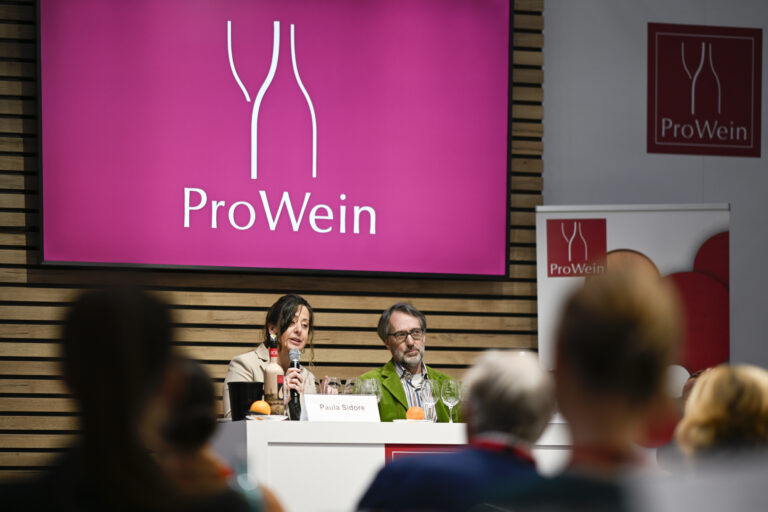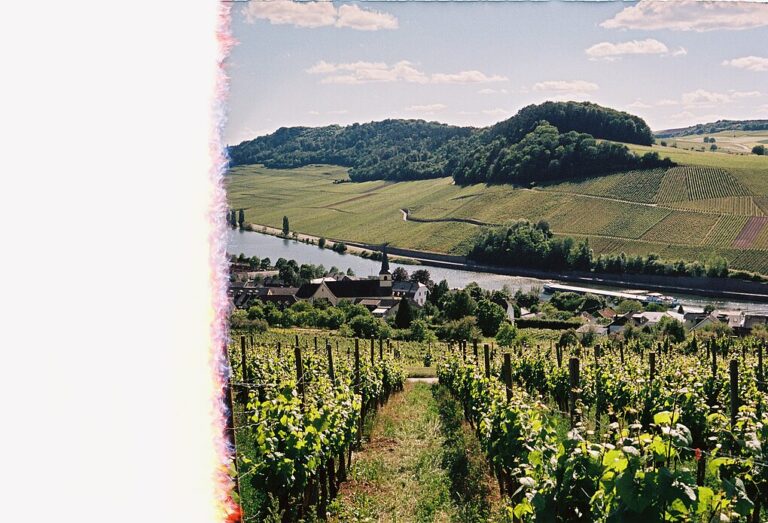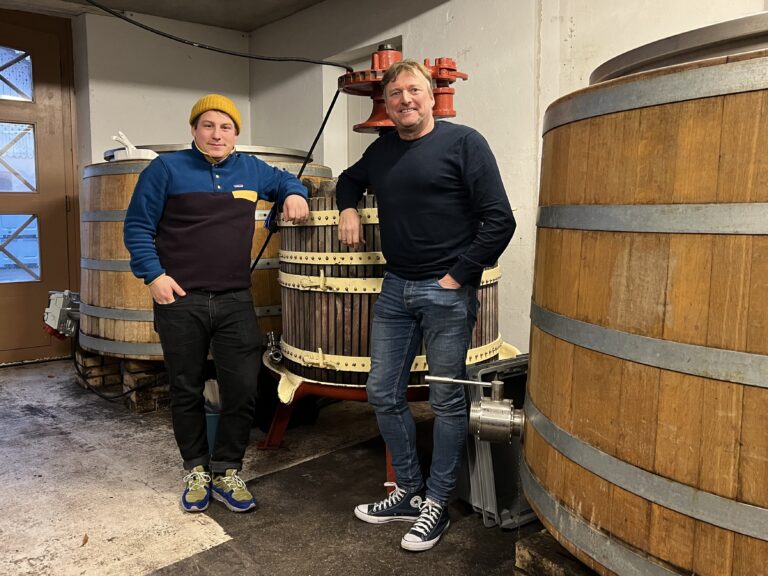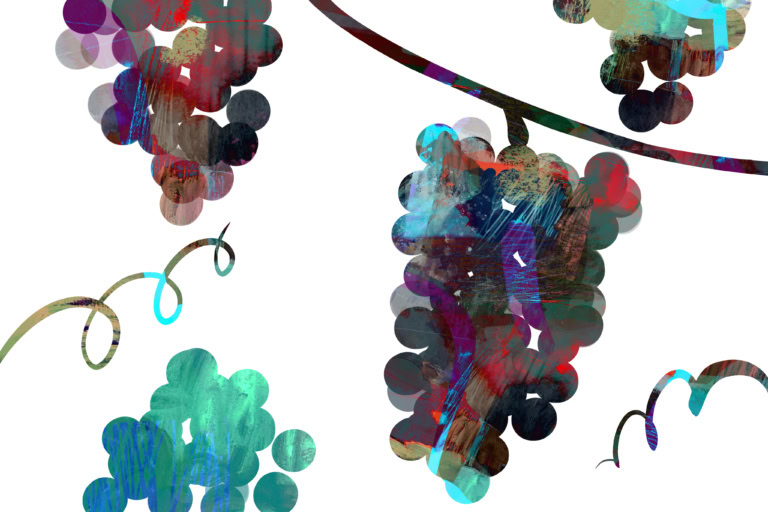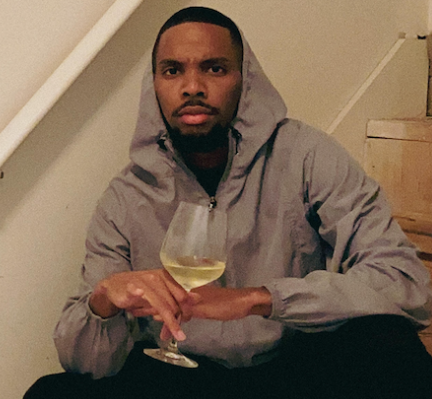German Wine’s Radical Love Machine
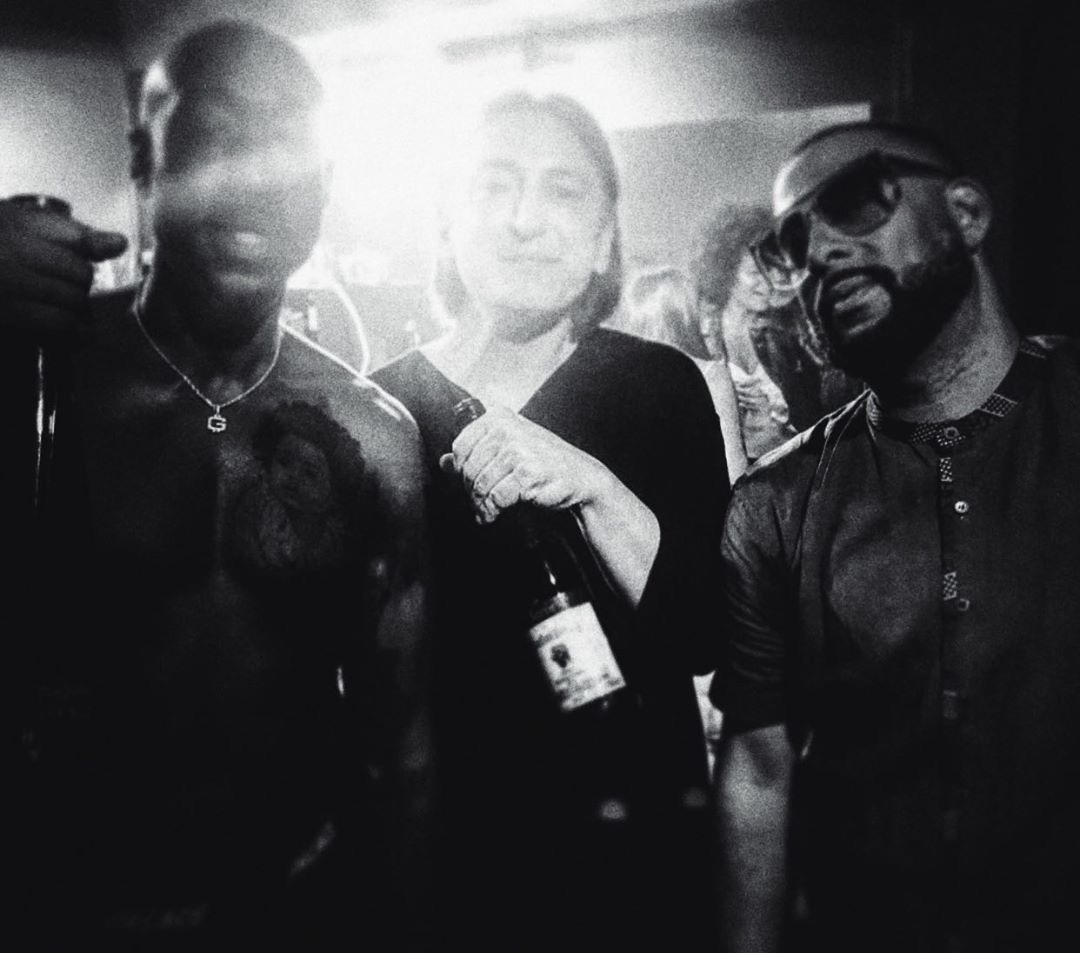
Known to his 18,000-plus Instagram followers as @soilpimp, Robert Dentice is a German wine collector and vinyl fanatic, founder of the Riesling Study event series, and a driving force behind a brand new project called sourcematerialwine that is set to spread his evangelical zeal for German wine to the wide world.Short of spending an evening at one of his legendary Riesling-, Silvaner-, or Weissburgunder-fuelled music events — and he’d sincerely love nothing more than to have you there — the next best way to get a sense of the radiant positivity he brings to German wine is to cue up…

